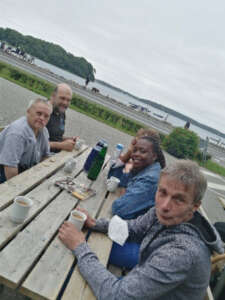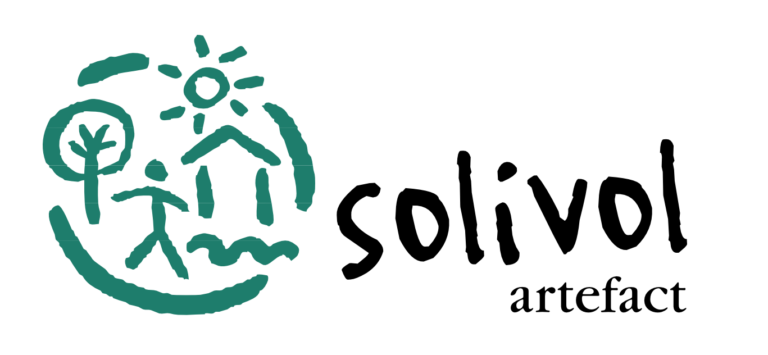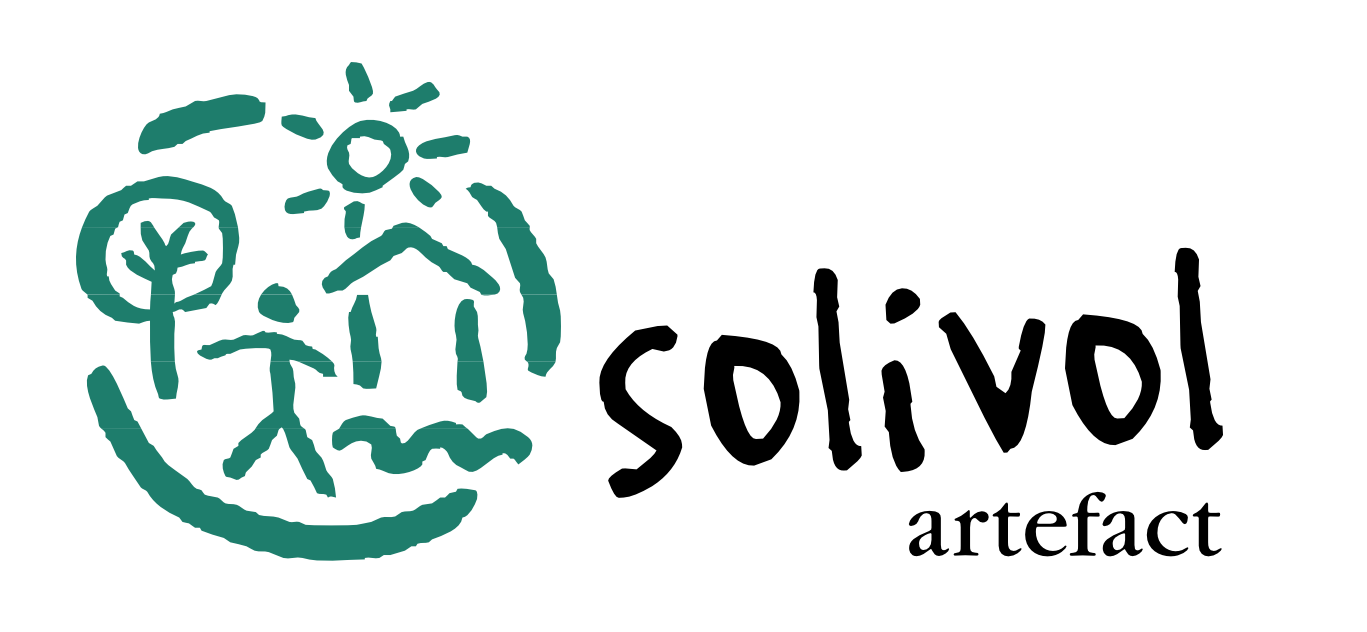
project report
13 years and still in love with “JA GENAU”
Dominique Uwimana-Regional Coordinator for the artefact program in Kigali
I never dreamed to go to Europe, nor to speak German. I love my country Rwanda and I would like to live only in Rwanda. Why should I travel? Why to Europe and why to Germany? You never know your destiny till the time you get signs. Some years ago, I never asked foreigners if they liked Rwanda, till the time I travelled to Germany and people asked me if I liked Germany. How should I know if I liked Germany when I was there for one hour, one day, some weeks? At first, I need time to observe, understand and enjoy. I went to Germany only understanding some important sentences: Woher kommst du? Wie alt bist du? Wie Bitte? Sprichst du Deutsch? And whenever I wanted to end the conversation, I replied JA GENAU. I love “JA GENAU” not because of the meaning (yes exactly) but the way it sounds when someone, especially Germans, pronounce it. And at the end people found out it was not the right answer to their questions. I would say that many new learners of German first keep SCHEISSE (Shit) as a sign to show that they learned German, same for any new language where people like funny or impolite vocabularies. But me, I love JA GENAU.
I received a call that I got a job at the former Deutscher Entwicklungsdienst in Rwanda, as a local expert for the weltwaerts Program, the German volunteer program. That was in 2008, since then I am still a local expert for the program. 13 years of carrier and personal development, thanks to my former boss Natalie Vanneste. How did I make it to help, coordinate and organize a comfortable stay for more than 100 young Germans? And now also preparing young Rwandans to volunteer in Germany? Because of JA GENAU. I would say that I have built my expertise in intercultural exchanges based on JA GENAU. Thanks to artefact, Zugvögel, ASC Göttingen, Kickfair and anyone whom I met and understood that JA GENAU counts a lot for me, being in Stuttgart, in Bonn, Berlin or in Luneburg, you all took me to success.
Ohh Berlin!!!, I will never forget my time there. I thought I was dreaming. I could not believe that you have even trees, forests or any green natural environment. I expected to find there only those high buildings and autobahn, oh sorry highways. You people, you do not drive your cars, you fly with your cars. I know that things have to be on time, but do you care for your life? That was my feeling the first time driving on a highway. Be sure now I understand you, after flying to Germany 15 times, but still I like that in Africa we do not have watches but we have time and you? You have watches but no time. It is good to be in a new place and get new insights and perspectives, but never forget your roots. It is not because I do not like Europe, that is not the problem, but what should I do in Europe? If I have neither a job, an internship, a school nor a volunteer service to do there? It does not rain Euros as I heard and expected it to be. I would stay there if my JA GENAU becomes real. Think about your JA GENAU, which might be different or similar to mine. Good luck to all of you who do a volunteer service either in Rwanda, Germany or elsewhere.
Volunteering in Schleswig
Flavia Nakitende – BFD bei den Schleswiger Werkstätten seit Februar 2022
Seit ich im Februar 2022 meinen BfD in Schleswig in der Hausgemeinschaft Bellmannstraße angefangen habe, fühle ich mich gut und komme jeden Tag gerne zur Arbeit. In Uganda habe ich einen Bachelor of Arts with Education gemacht mit den Fächern Deutsch und Wirtschaft. Mit diesem Diplom, darf ich in Uganda unterrichten.
In meiner Freizeit habe ich Studenten in Deutsch unterrichtet und das hat mir immer Spaß gemacht.
Ich habe mir einen BfD gewünscht, um Menschen zu unterstützen, aber auch um meine Deutschkenntnisse zu verbessern.
In der Hausgemeinschaft Bellmannstraße wohnen Männer und Frauen mit geistiger und körperlicher Behinderung. Die Bewohner unterstütze ich in ihrem Alltag, ich gestalte mit ihnen zusammen ihre Freizeit, wir spielen Karten, gehen spazieren oder kaufen zusammen ein. Noch dazu begleite ich sie zur Physiotherapie und nutze viele Möglichkeiten für Gespräche mit den Bewohnern. Sie erzählen mir von der Arbeit, ihrer Familie und Vergangenheit. Die Gespräche helfen mit mein Deutsch zu verbessern.
Ich habe zunächst gelernt wie verschieden sich Behinderungen auswirken. Ein Bewohner hat ein Problem mit dem Hören. Ein Anderer hat Probleme, Aufgaben zu verstehen. Das war eine Herausforderung. Ich habe gelernt, dass jeder eine andere Hilfe braucht und dass jeder andere Hilfe bekommt.
Gleichzeitig habe ich viel über Deutschland und die Kultur gelernt. Was ist Mülltrennung? Warum ist es wichtig, das richtig zu machen? Die Bewohner und
Mitarbeiter der Bellmannstraße haben mich unterrichtet.
Bevor ich in Schleswig war, dachte ich, Menschen mit Behinderung können nichts alleine machen. Das ist jetzt anders. Ich habe gelernt, dass Menschen mit Behinderung auch unterrichten können. Sie haben mich in Deutsch unterrichtet. Sie haben mir die deutsche Kultur erklärt. Sie haben mir erklärt, wie alles in der Hausgemeinschaft funktioniert. Jeder hat mir etwas beigebracht. Jeder hat seine eigene Sprache und Fähigkeiten.
Ich hatte die Möglichkeit, 2 Grammatikkurse bei der VHS zu besuchen. Das fand ich gut. Es hat meine Grammatik verbessert.
Als nächstes möchte ich Menschen kennenlernen, die eine psychische Erkrankung haben. Ich möchte lernen, was ihnen hilft. Wie kann ich sie motivieren zu arbeiten. Wobei brauchen sie Hilfe? Im EBZ der Schleswiger Werkstätten arbeiten Menschen mit psychischen Erkrankungen. Sie bekommen Aufgaben und Hilfe, um einen Job zu finden.
Alles, was ich hier im Freiwilligendienst lerne, möchte ich in Uganda für meine zukünftige Arbeit mitnehmen. Ich werde Menschen helfen besser zu lernen. Ich kann besser Deutsch sprechen und ich werde besser Deutsch unterrichten können.

